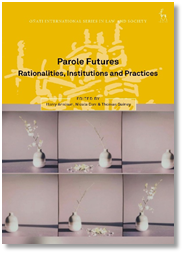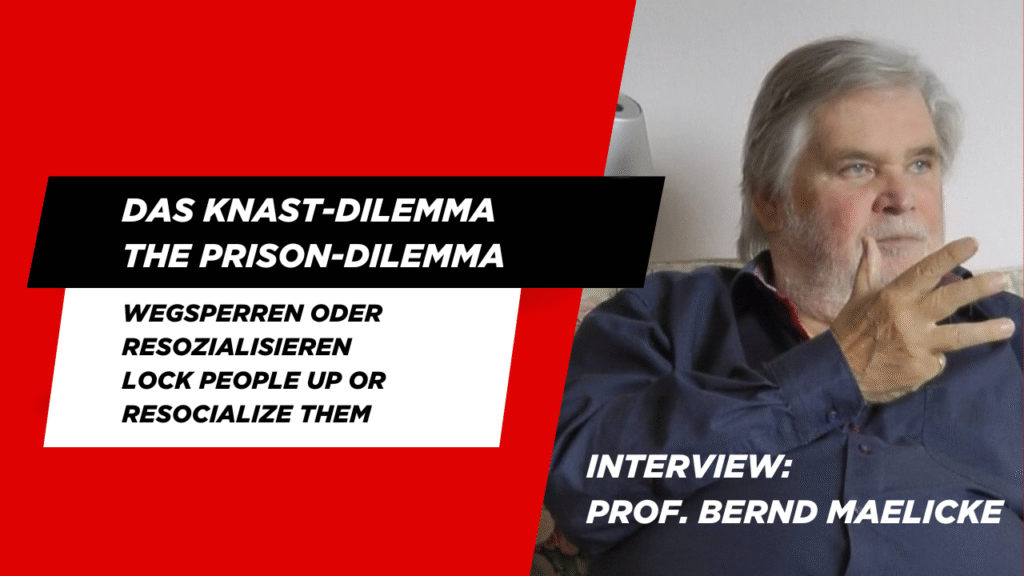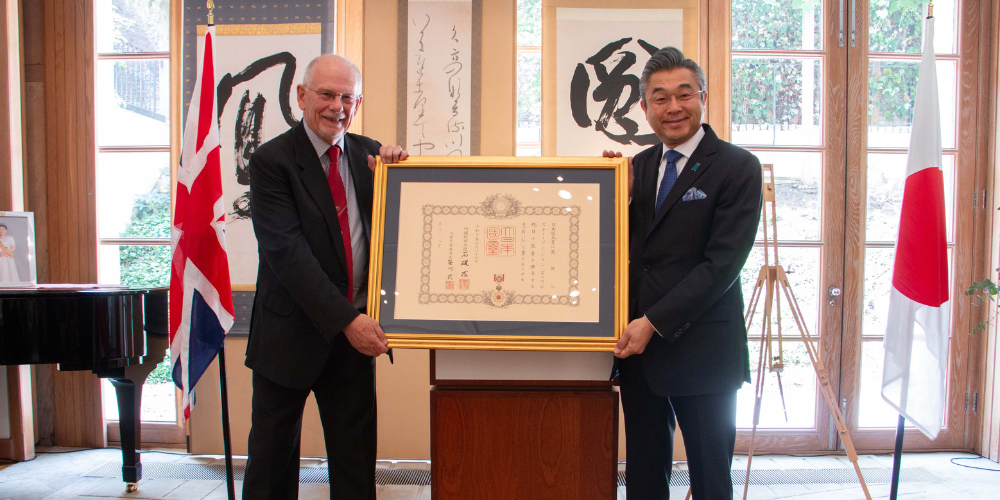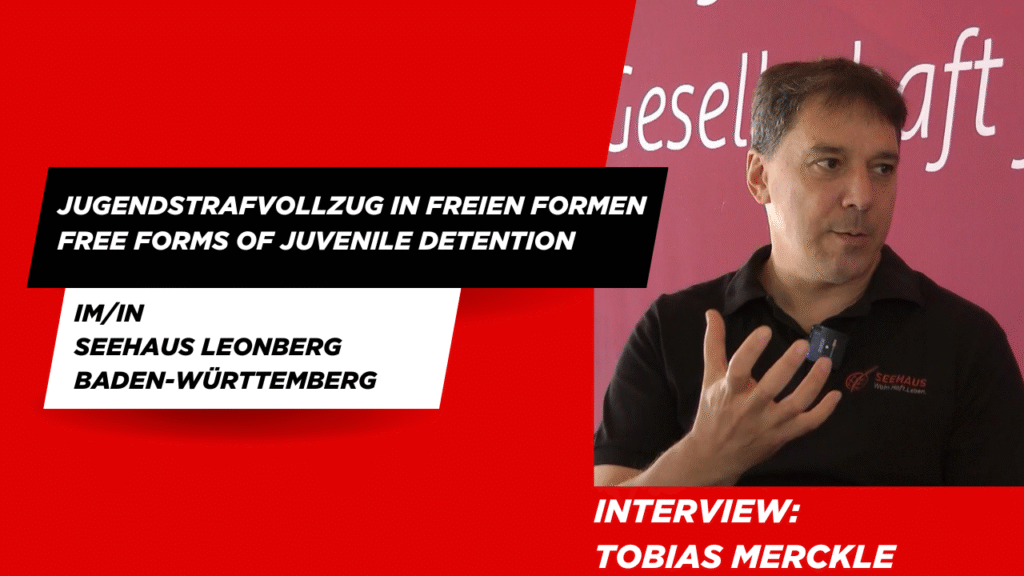Previous Article
News
Co-creation to balance real-world research and practice
An article by Kieran McCartan, Professor in Criminology, University of the West of England
Evidence based practice is the gold standard that we all strive for! We want to know that something works before we implement it, before it impacts our professional practice, the lives of our clients and the broader community. This is particularly important in the field of criminal justice, especially when you are dealing with high risk individuals, their assessment, management and integration; where the consequences of getting something wrong can be significant and damaging on several levels. As professionals we are held accountable for the decisions that we make, both in terms our failures and our successes; therefore, we need to be sure that we are working in an informed and effective way. This means that we must balance what we know, through our experiences and knowledge, about what works with people who have committed serious offending and what the prescribed, accepted, approved processes and interventions are. Which can result in a quandary, how do you move practice forward at a pace that recognises innovation, evaluation and responsible risk management?
Involve practitioners
We need to be constantly committed to research, develop an effective, fit for purpose evidence base and with practice being rooted in robust, empirical working; however, this takes time and costs money! The challenge of evidence-based practice is that you need to wait for the evidence to develop which means ongoing research projects concluding, recommendations being taken on and implemented. Which takes time and is often juxtaposed to lived reality where things often need to be implemented immediately. We end up in a situation where everything changes, or nothing changes, where the pendulum swings being effectively evidence-based policy and emotionally driven populist public policy. This is a narrative that hear a lot in criminal justice, implement change quickly and then discover that it may not work the way that we want it. Attending conferences and taking with professionals and practitioners across the criminal justice spectrum I often hear “but it does not work in practice” or “our hands our tied, this may not work but its what we have to roll out”, all of which leaves staff feeling undervalued, underappreciated and silenced. This is problematic, we need to value the experience and knowledge of professionals and practitioners because as frontline staff they are the ones working with clients (or people with a criminal conviction) daily, seeing what works and what does not. We need to trust and rely upon our staff and their knowledge base in, they need to be involved in developing evidence-based practice not simply being informed of it. It is important to recognise the need for practice informed research, which means that staff and clients need to be involved in the process and that it cannot simply be left to external, independent researchers not linked, or tied into real world practice.
We need a paradigm shift back to the days of co-creation because the most important thing in effective risk management is collaboration and partnership working, therefore it stands to reason that the most important aspect of developing an evidence base is the same. The relationship between the professional research advisory boards and/or the involvement of research-practitioner in collaboration with the external academic is essential. The only way that we know if any research is fit for purpose and the outcomes will function in practice is through partnership working. The model of research into practice co-creation has faded somewhat over the last number of years with a focus on externally commissioned completely independent research, which was then followed by all research moving in house and being non-independent to, what some would say, a position of no research being done in practice or a token gesture towards research. Research, in the main, has become about justifying policy and evidencing current practice, which although important cannot be the limits of research as it also has to be about innovation. Practitioners and professionals need to feel invested in the research that impacts their working so that they understand where it has come from and can implement it appropriately. Co-creation and collaboration results in an upskilled workforce that is critical, understands the role of research and thinks with an analytical frame as well as a practice based one; meaning that all staff being evidence based and research informed! This upskilling means that staff use their research grounding, developed through their training and maintained by professional development, in an effective way daily and that their decisions become evidence informed. It means that professional development becomes relevant, it becomes more that “I have to attend this course so I can get the CPD points” or “I’m reading this article in my spare time because I have to”. Staff need to become invested in the research and practice that means something to them and develops their working lives in a meaningful way.
Effective collaboration
What does an effective research and practice collaboration look like in real terms? Co-creation means that professionals and practitioners can help set the research agenda, they can enable researcher to address real world concerns that are faced in practice through informed evaluations or innovate intervention development and roll out. Research in practice needs to become rooted in action research methodologies, where the tools that used are fit for purpose and that the recommendations are implemented as the research progresses. As everyone is involved in the development and execution of the research, then everyone is aware of the outcomes and how they fit into practice and therefore change, through evidence-based practice, becomes organic and not post-hoc.

Related News
Keep up to date with the latest developments, stories, and updates on probation from across Europe and beyond. Find relevant news and insights shaping the field today.

Probation in Europe, Technology
Have Your Say: EU Call for Evidence on the Digitalisation of Justice (2025–2030)
18/08/2025
The European Commission has opened a Call for Evidence on the Digitalisation of Justice: 2025–2030 European Judicial Training Strategy.
Reading corner

Criminal Justice
Parole Futures
18/08/2025
At a time when many parole systems are experiencing considerable strain, the aims of this collection are twofold: first, to encourage systematic and critical reflection on the rationalities, institutions and practices of parole. Second, to think big, and pose ambitious ‘what if’ questions about the possible futures of parole and prison release. Offering novel insights from Asia, Australia, Europe, North America and South America, this collection builds the case for, and then showcases, a ‘way of doing’ parole research that is global in outlook, interdisciplinary in approach and unapologetically normative in character.
New

Probation in Europe
New Vodcast Episode: Prof. Bernd Maelicke on The Prison-Dilemma
12/08/2025
The 13th episode of Division_Y features an in-depth conversation with Prof. Bernd Maelicke, one of Germany’s most respected voices in prison and probation reform.
New

Probation outside Europe
CEP Ambassador Steve Pitts Receives Prestigious Japanese Honour
05/08/2025
We are pleased to share that CEP Ambassador Steve Pitts has been awarded the prestigious Order of the Rising Sun, Gold Rays with Rosette by the Government of Japan. The honour was officially presented on 25th July 2025 at a formal ceremony held at the Japanese Ambassador‘s residence in London, hosted by the Japanese Ambassador.
New

CEP Events
Mark Your Calendars: Exciting Probation Events Ahead
30/07/2025
As the season continues, we’re looking ahead to a dynamic line-up of events across Europe. From specialised workshops to international training and conferences, there’s something valuable for everyone working in probation and beyond.
New

Probation in Europe
New Vodcast Episode: Tobias Merckle on Free Forms of Juvenile Detention
12/07/2025
The 12th episode of Division_Y features an engaging discussion with Tobias Merckle, a social worker and social entrepreneur from Baden-Württemberg, Germany.
Subscribe to our bi-monthly email newsletter!
"*" indicates required fields
- Keep up to date with important probation developments and insights.

